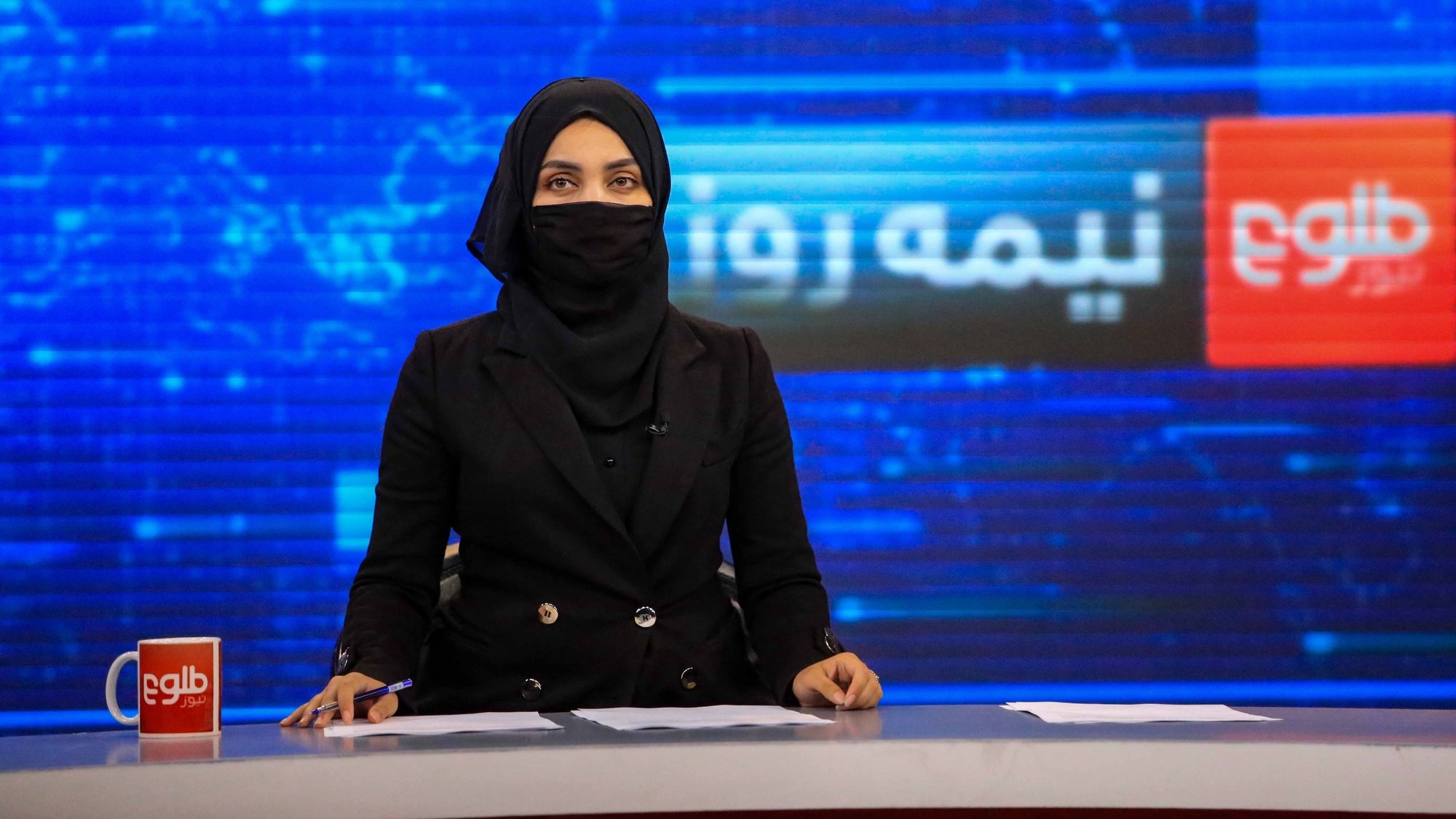The Taliban on Friday rejected a UN Security Council request to roll back restrictions on Afghan women, considering “unfounded” concerns expressed by the international community.
The Security Council on Tuesday called on the Taliban, in power in Afghanistan since August 2021, to “immediately reverse policies and practices that currently restrict the human rights and fundamental freedoms of Afghan women and girls,” in a statement. unanimously adopted.
The text of the UN body, made up of 15 members, cites “the imposition of restrictions that limit access to education, employment, freedom of movement and the full, equal and meaningful participation of women in public life” .
A Taliban leader has promised more rights for women but says the ‘naughtiest’ have to stay home
The Security Council called, above all, reopening schools for all girlsexpressing its “deep concern” about the obligation imposed on women to cover their faces in public spaces and when being recorded by televisions.
In a statement released this Friday, the Afghan Foreign Ministry described the Security Council’s concerns as “unfounded” and “unrealistic” and reaffirmed its “commitment” to guaranteeing the rights of Afghan women.
“Since the Afghan people are predominantly Muslim, the Afghan government believes that respect for the use of the hijab Islam consistent with the religious and cultural values of society and the aspirations of the majority of Afghan women,” the statement added.
In early May, the Taliban’s supreme leader issued an order for women to cover themselves completely in public, including their faces, preferably with the burqa, a full-face veil with a cloth grid over the eyes.
The restrictions imposed on Afghan women “describe a model of total sexual segregation and objective of making women invisible in society“, denounced this Thursday, in Kabul, the UN special rapporteur for human rights in Afghanistan, Richard Bennett.
The international community has made respect for human rights, especially those of women, a prerequisite in negotiations for aid and recognition of the Islamic regime, which returned to power last year, 20 years after being overthrown following the departure of the US military and its allies in the country.
The new restrictions imposed on women confirm the radicalization of the Taliban, which initially tried to show a more open side than during its previous period in power, between 1996 and 2001.
At that time, the regime deprived women of almost all their rights, in particular by imposing the use of the burqa on them.
Source: Observadora
